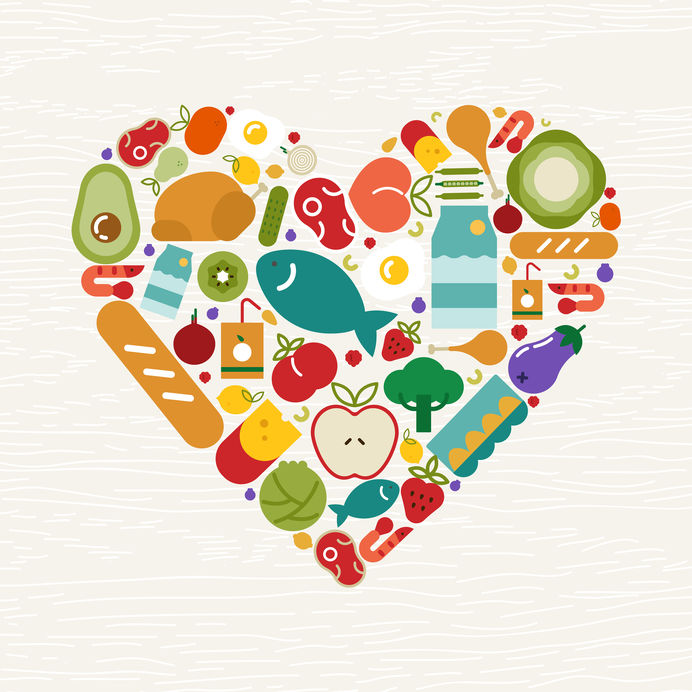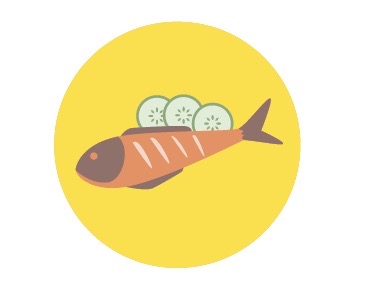
No diet has been shown to help with preventing or managing IBD, and there really is no need to avoid specific foods unless they make
your symptoms worse. In fact, it’s best to restrict as few foods as possible to ensure you are getting the nutri-ents you need through a healthy, balanced diet. IBD can affect the amount of nutrients your digestive system absorbs, so it’s important to ensure you are getting the essentials.

Key nutrients and food sources include:
Identifying troublesome foods
A simple solution is to keep a food journal. Tracking the foods you eat and the times your symptoms worsen may help you to pinpoint any trigger foods. Your doctor or dietitian will make sure you don’t eliminate nutrients that are essential for your growth, development and optimal health, and will be able to make suggestions of other foods you might tolerate and enjoy!
When flaring…
If you don’t have much of an appetite, try eating small amounts frequently. Drink after eating food so that you don’t fill up just on liquids. Avoid sugary foods and beverages, alcohol, caffeine and high-fat foods. When you’re not feeling well, this is the time to be seeking out foods and drinks that nourish you and will help keep up your energy and health.
When in remission…
Although there is no specific diet that people with IBD should follow, it is important to eat well.
Try:

Getting help
It is important that you don’t exclude food groups from your diet without first talking to your doctor or registered dietitian. IBD is different in every patient, and there is no specific diet that will work the same way for everyone. Talking to a dietitian is the best way to determine strategies that are best suited for you and your health needs.
To read more articles, visit the latest edition of our magazine, You, Me and IBD.

